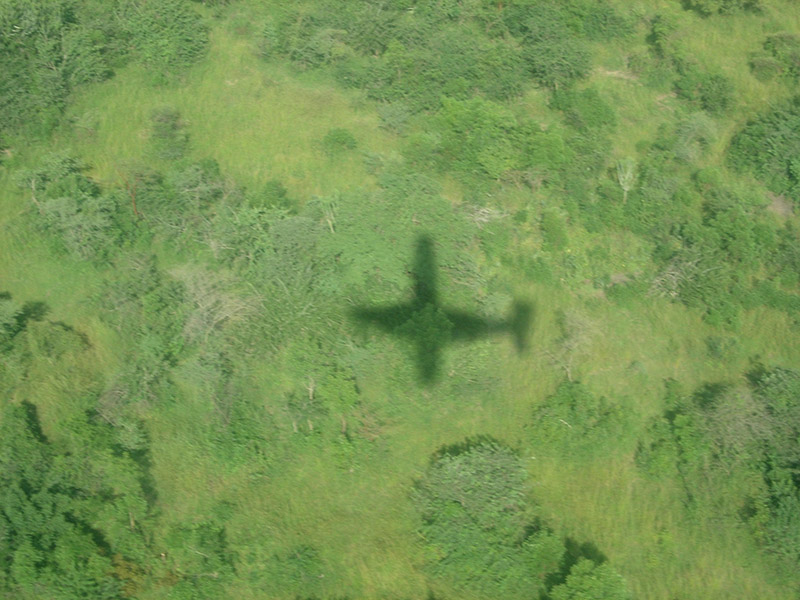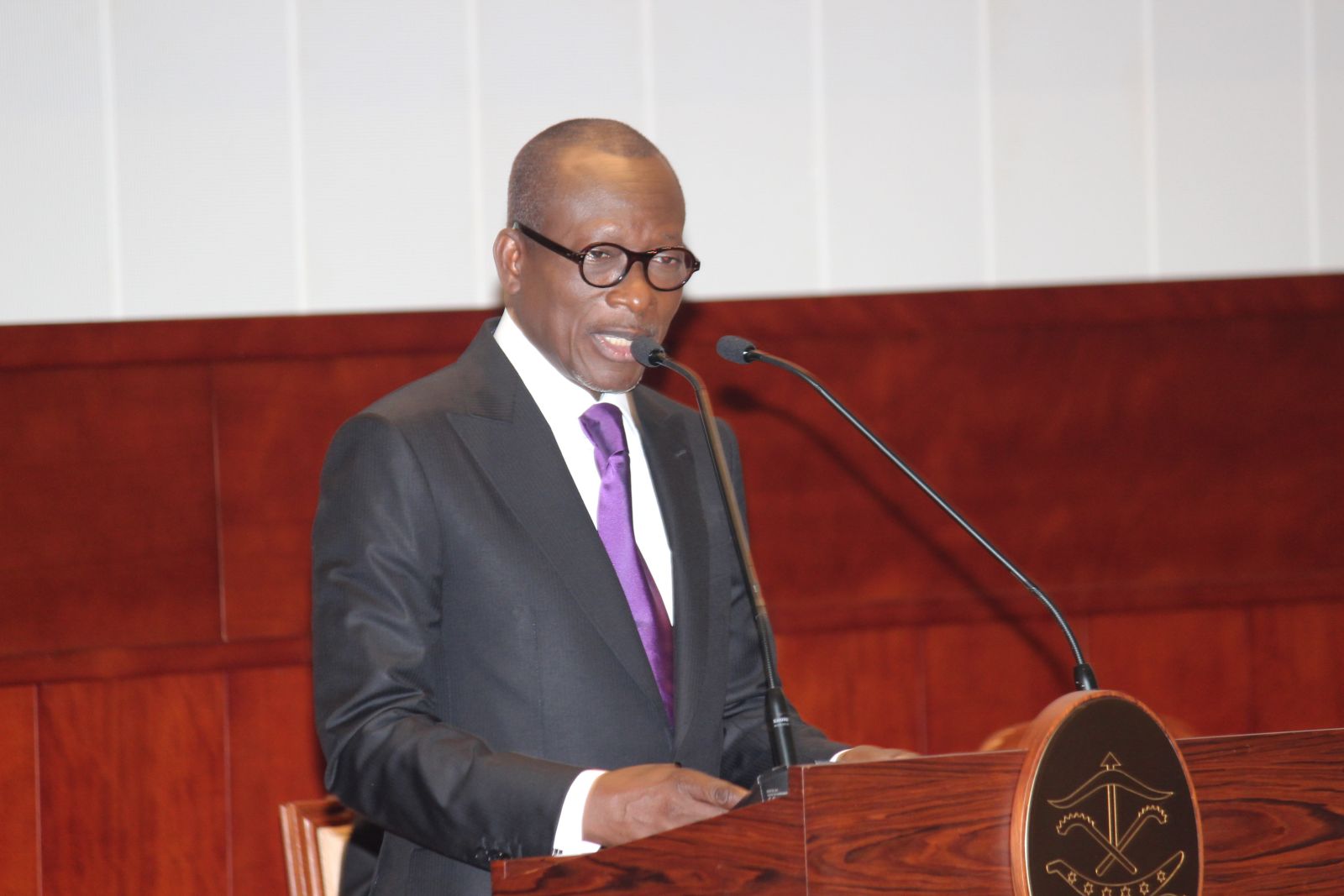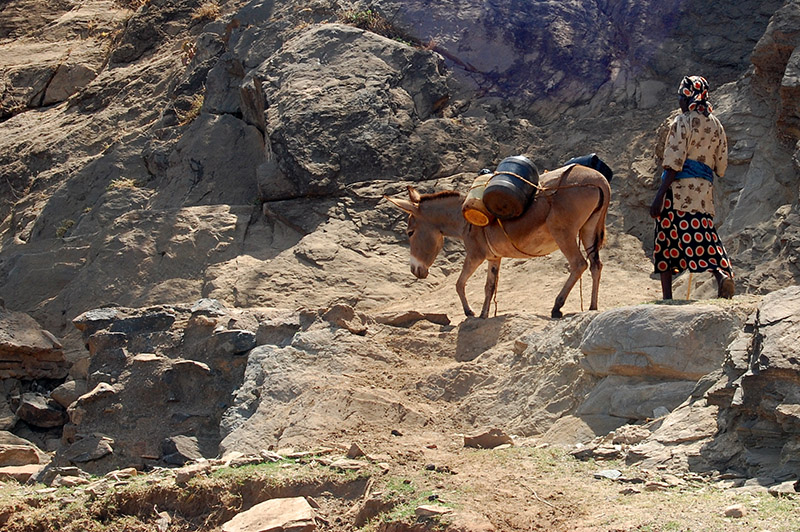“Ebola free” does not mean Ebola is gone for good
On YouTube you can find a very funny “Bye Bye Ebola” video, where Sierra Leoneans celebrate the end of the outbreak. Anyone with a stake in the matter, will appreciate the images of people, including masked medical staff or soldiers, celebrating and dancing. It is fun to watch the video and it makes you smile. But it may cause false hope, just like the WHO’s optimistic “Ebola free”-declarations, because it suggests that Ebola is gone now.
The question is whether Ebola can be eradicated or not. There are reasons for doubt. There still is no reliable drug or vaccine against the virus. The virus is awfully contagious and it still exists. Perhaps some infected persons have not been reported to – or found by – the authorities. The Liberian journalist Solomon Watkins did a very interesting analysis about Ebola’s impact and its potential on Africans.
The WHO realises the necessity to act and is cooperating with the pharmaceutical industry on developing an effective vaccine; and there are signs of success. We need not panic, but we must be aware that new outbreaks are possible and perhaps even likely. One lesson of the crisis is certainly that more efforts are needed to build full-fledged health systems for everyone, including the poor, in Africa. Such systems are not only needed when Ebola strikes, they help to rise to many other challenges as well.
https://www.youtube.com/watch?v=YRhXoLjHruM




